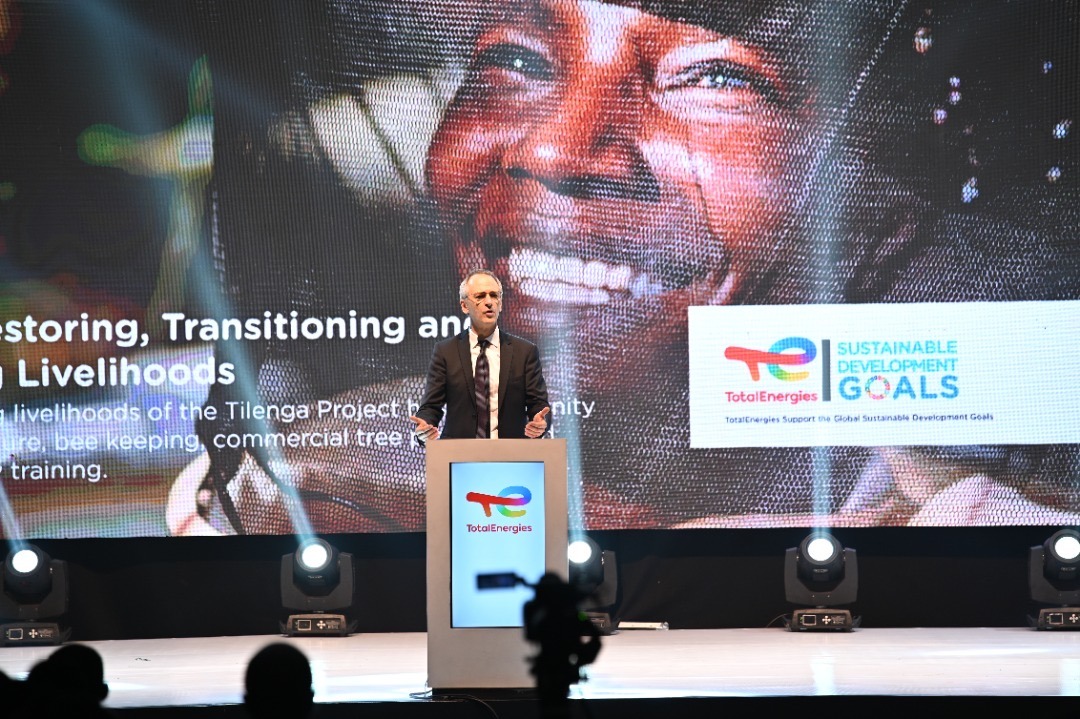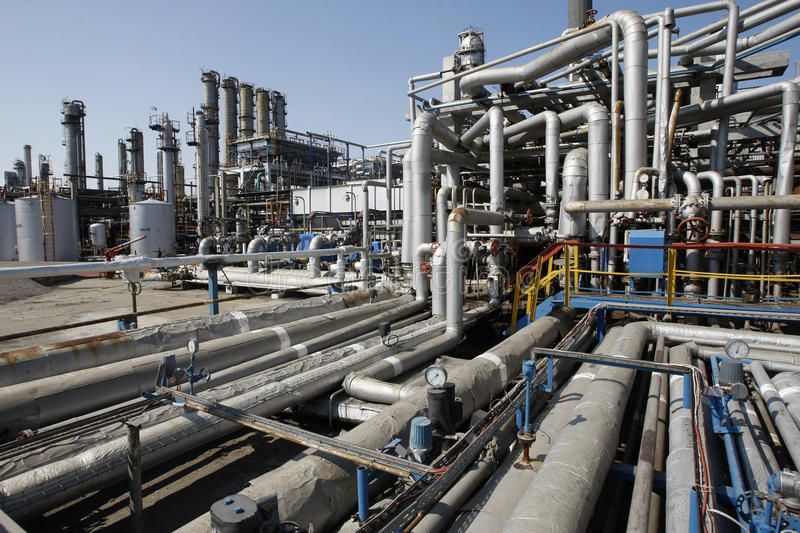Tullow Oil’s deal to farm down its interest on a section of Uganda’s Albertine oil exploration area, that has been pending for the last two and half years, collapsed on August 29. But in veiled and carefully crafted statements, both the Government of Uganda and Tullow, the two principals in the transaction, are pointing fingers different directions for causes of the flop.
While the Government is laying the blame, predominantly, on Tullow’s door; Tullow is also pointing away, to Government’s failure to agree with the other two joint partners-Total and CNOOC, as the cause of the collapse of the transaction.
In a statement issued by Robert Kasande, the Permanent Secretary of the Ministry of Energy & Mineral Development, the Government said the failure to conclude the deal was occasioned by Tullow, in two ways. By refusing to pay capital tax gain, and by making unreasonable demands to transfer tax deductions to the buyers, namely Total and CNOOC.
Kasande revealed that Tullow communicated its intention to farm down their interest to the Government in January 2017, upon which the Minister of Energy& Mineral Development gave a partial approval, pending the final transaction, on full payment of taxes as assessed by the Uganda Revenue Authority.
He further revealed that there have been several engagements between the parties to resolve the issue, following which the Uganda Revenue Authority issued the Government’s final tax position:
“Following several engagements between Government of Uganda and the Joint venture Partners(JVPs), Uganda Revenue Authority communicated its tax assessment on the 10th August 2018. Government position is that the assessed tax should be paid in line with the Laws of Uganda and tax reliefs are treated in accordance with the Laws of Uganda,” he said.
On the cause of the collapse of the deal, Kasande was unequivocal: “The Minister of Energy gave a conditional approval of the transfer (of interest) subject to inter alia, payment of the taxes as assessed by the Uganda Revenue Authority in accordance with the Laws of Uganda. Tullow on the other hand sought transfer of its interest without payment of any capital tax gain arising from the sale, and also on condition that certain tax deductions, not ordinarily transferable to the buyers, be transferred to buyers.”
On its part, the London Stock Exchange listed Irish entity, pointed fingers elsewhere- attributing the collapse of the deal to the failure between the Government of Uganda and the Joint Partners (Total and CNOOC) to conclude or renew the sales and purchase agreement (PSA).
Tullow’s statement read: “Termination of this transaction is a result of being unable to agree all aspects of the tax treatment of the transaction with the Government of Uganda which was a condition to completing the SPAs. While Tullow’s capital gains tax position had been agreed as per the Group’s disclosure in its 2018 Full Year Results, the Ugandan Revenue Authority and the Joint Venture Partners could not agree on the availability of tax relief for the consideration to be paid by Total and CNOOC as buyers.”
Following the collapse of the deal, Paul Mcdade, Tullow chief executive officer, said: “Tullow Oil plc announces it has been informed that its farm-down to Total and CNOOC will terminate at the end of today, 29 August 2019, following the expiry of the Sale and Purchase Agreements (SPAs)…Tullow has been unable to secure a further extension of the SPAs with its Joint Venture Partners, despite previous extensions to the SPAs having been agreed by all parties.”
“The implication of this statement is that Tullow has agreed, owns up and is ready to pay its part of the tax obligation. It also implies that the dispute instead, was between the Uganda Revenue Authority (Government of Uganda) and the other two partners- Total SA E&P and CNOOC, which is not true,” a source knowledgeable about the case told this Magazine.
In fact, way back in April ahead of their annual general meeting, Mcdade issued a statement assuring his shareholders that Tullow had concluded the issue of the farm down with the Government of Uganda: “Following meetings in January 2019 between the CEOs of both Tullow and Total and H.E. President Museveni of Uganda, Tullow has agreed the principles for the tax treatment of its $900 million farm-down to CNOOC and Total.”
The Infrastructure Magazine understands, however, that there have been meetings regarding this dispute, one as late as June this year ( two months after Tullow Oil informed its shareholders the issues had been resolved). A few months ago, sections of Ugandan media reported about a meeting at which President Museveni supposedly got so incensed with Tullow executives that he asked them to leave the meeting.
It will also be remembered that this is not the first time that a Tullow farm down gets entangled in capital tax gain issues with the Government of Uganda. It is the second time. In 2012, when they farmed down for the first time, there arose a tax dispute after Tullow sold its interest to CNOOC at US$2.9 billion. At the time the issue was taken to the Tax Tribunal and then the High Court in Uganda as well as the Tribunal in London. But before any of the courts could make a judgment, Tullow capitulated and agreed to pay US$180 million dollars, rather than $450million assessed. It took a costly and protracted process before Tullow owned up and paid up.
But in their statement, Tullow absolves itself from the current failure: “Tullow has worked tirelessly over the last two and a half years to complete this farm down which was structured to re-invest the proceeds in Uganda. Whilst this is a very attractive low-cost development project, we remain committed to reducing our operated equity stake. It is disappointing to report this news at a time when we are making so much progress elsewhere towards the growth of the Group with our recent oil discovery in Guyana and the first export of oil from Kenya.”
Total on their part, without revealing much about the sources of contention, reiterated their commitment to the Uganda project. “Despite the termination of this agreement, Total together with its partners CNOOC and Tullow will continue to focus all its efforts on progressing the development of the Lake Albert oil resources,” said Arnaud Breuillac, President Exploration and Production of Total, in a statement..
“The project is technically mature and we are committed to continuing to work with the Government of Uganda to address the key outstanding issues required to reach an investment decision. A stable and suitable legal and fiscal framework remains a critical requirement for investors,” he said.
CNOOC has not been heard from on the matter. The oil investment environment in the country is at a highly sensitive stage as the Government is keen on keeping a positive vibe to the oil story, given that Kenya that discovered her oil much later than Uganda, has exported their first crude. At the same time Tullow is keen on keeping the image of a good player in the sector.
Tullow said they will now initiate a new sales process to reduce its 33.3 per cent stake in the Lake Albert project which has over 1.5 billion barrels of recoverable oil, with an expected daily maximum production, at peak, of 250,000 barrels per day.
This development means the Final Investment Decision for the Uganda development which was expected before the end of the year, will now be further delayed.
Although mention of a third joint venture party to the farm down has been made, it is not known who it is, and what stakes Total and CBOOC would be interested or even if they are not going to raise the same issues of taxation tax relief during the re-sale PSA.
But the Government is sticking to its guns on the tax obligations; “We are therefore confident that as Tullow moves to re-initiate a new sales process, the JVPs will remain committed to fulfilling their tax obligations,” Kasande said in his one page statement.
According to Reuters news agency, Tullow had been looking forward to concluding the deal so that it can secure some US$200 million to offset part of its US$2.9 billion debt portfolio, but also invest in its interests in Guyana and Kenya.
Following the announcement of the collapse of the farm down, Tullow’s share price fell on the London Stock Exchange some 3.3 per cent, from 204.30 British Pounds to 201.2 GBP.













